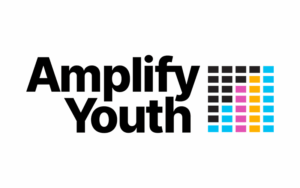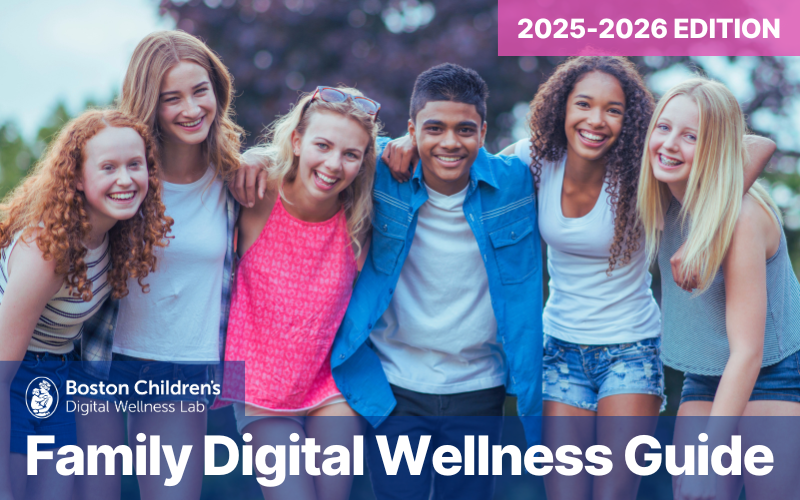mediaer
-

A Future Worth Spreading
Jeremy, a mentor for the Digital Wellness Lab’s 2025-2026 Student Advisory Council, uses a hot metaphor to explain the importance of media literacy and education when kids get new tech.
-
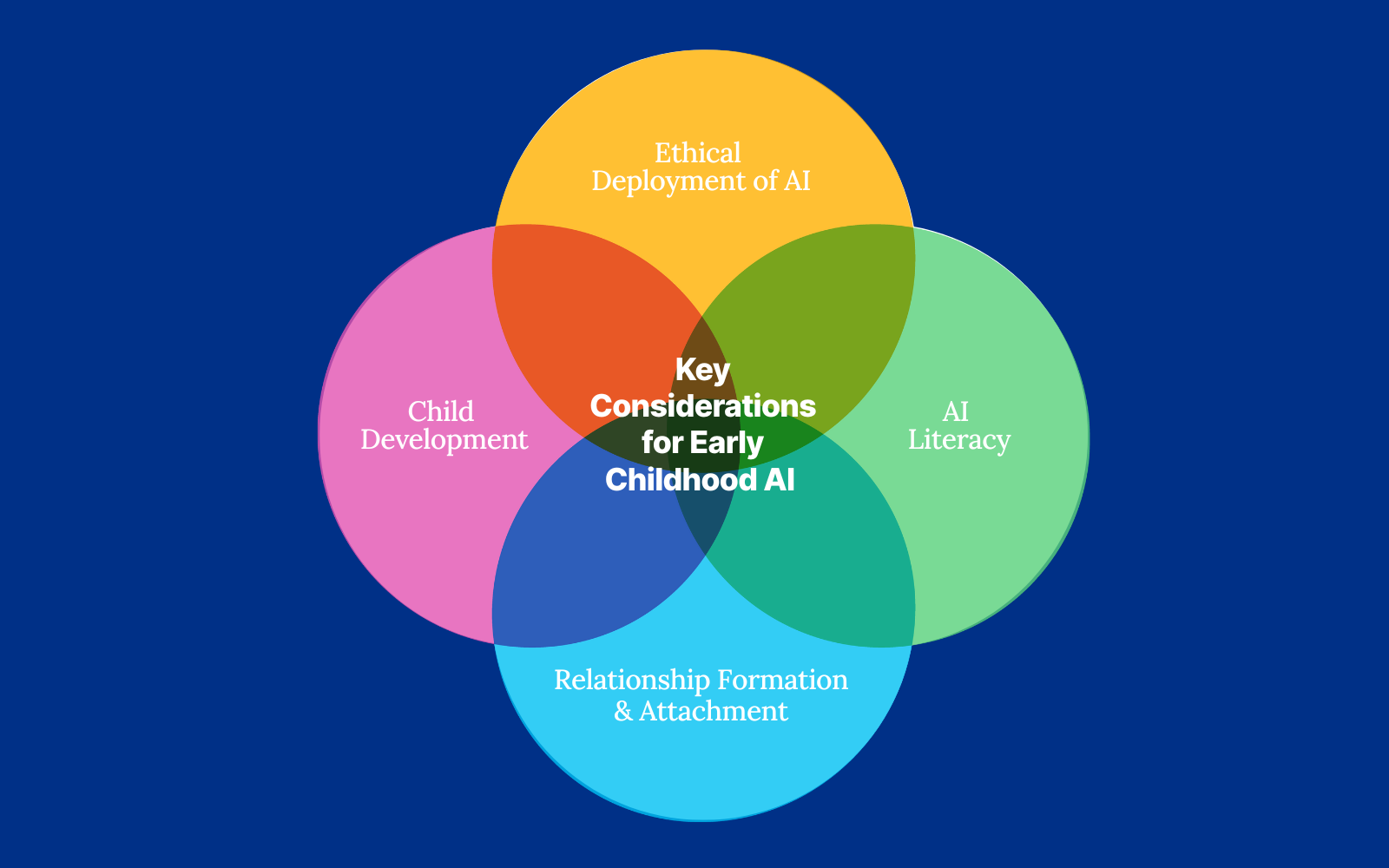
AI in Early Childhood: Insights from a Cross-Sector Workshop
The Digital Wellness Lab convened 15 experts to examine guidance gaps for AI products designed for young children. Here’s what emerged – and what’s next.
-
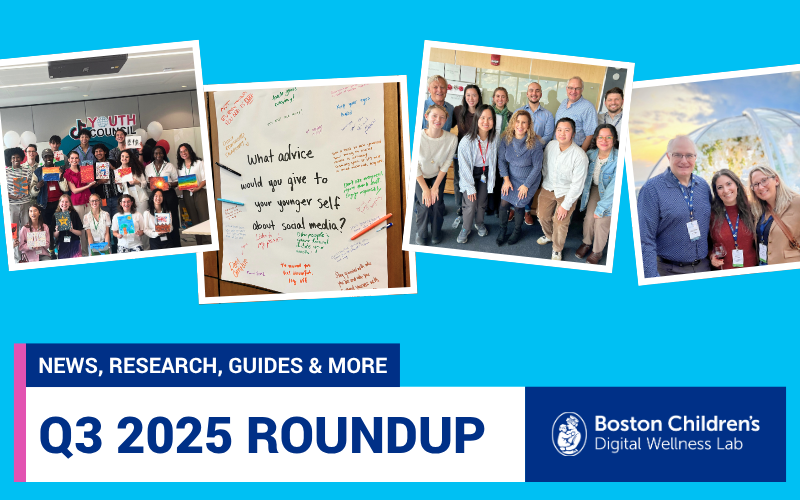
Q3 2025 Roundup
From new research on social-emotional learning to opening applications for our Student Advisory Council, here’s what the Digital Wellness Lab accomplished in Q3 2025.
-

Can AI Fix the “Male Loneliness Epidemic”?
Authored by Abbie Schwartz Undergraduate Student Researcher with the Digital Wellness Lab What is the “Male Loneliness Epidemic?” The “male loneliness epidemic” refers to the growing concern that many boys and men are experiencing low levels of social connectedness. It is important to note, however, that “loneliness” itself is an internal emotional experience rather than
-
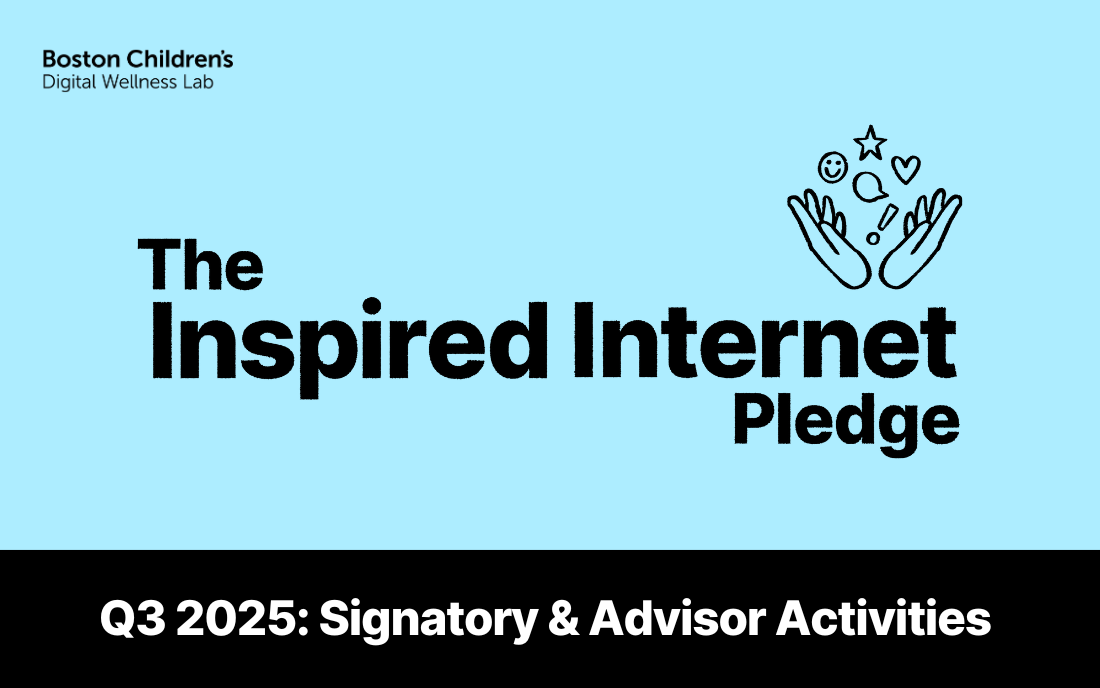
Inspired Internet Pledge: Q3 2025 Signatory and Advisor Activities
Explore Q3 ’25 highlights from the Lab’s Inspired Internet Pledge’s Signatories and Advisors working to create a safer and healthier digital ecosystem.
-
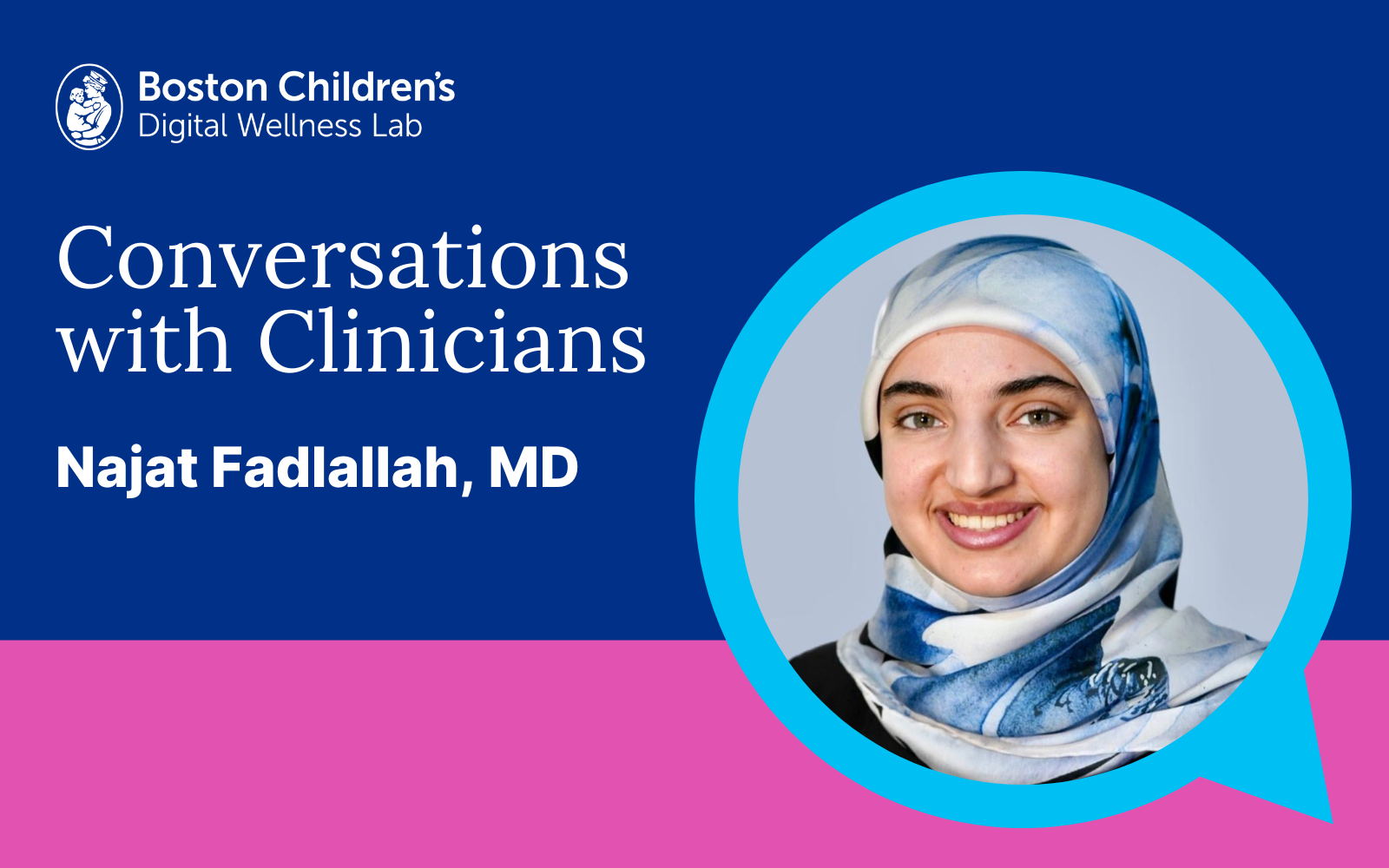
Conversations with Clinicians: Najat Fadlallah, MD
Visiting scholar and pediatric fellow, Najat Fadlallah, MD advocates that healthy digital habits are about creating realistic structures that encourage active and purposeful engagement, while still leaving room for offline play, creativity, rest and even boredom.
-
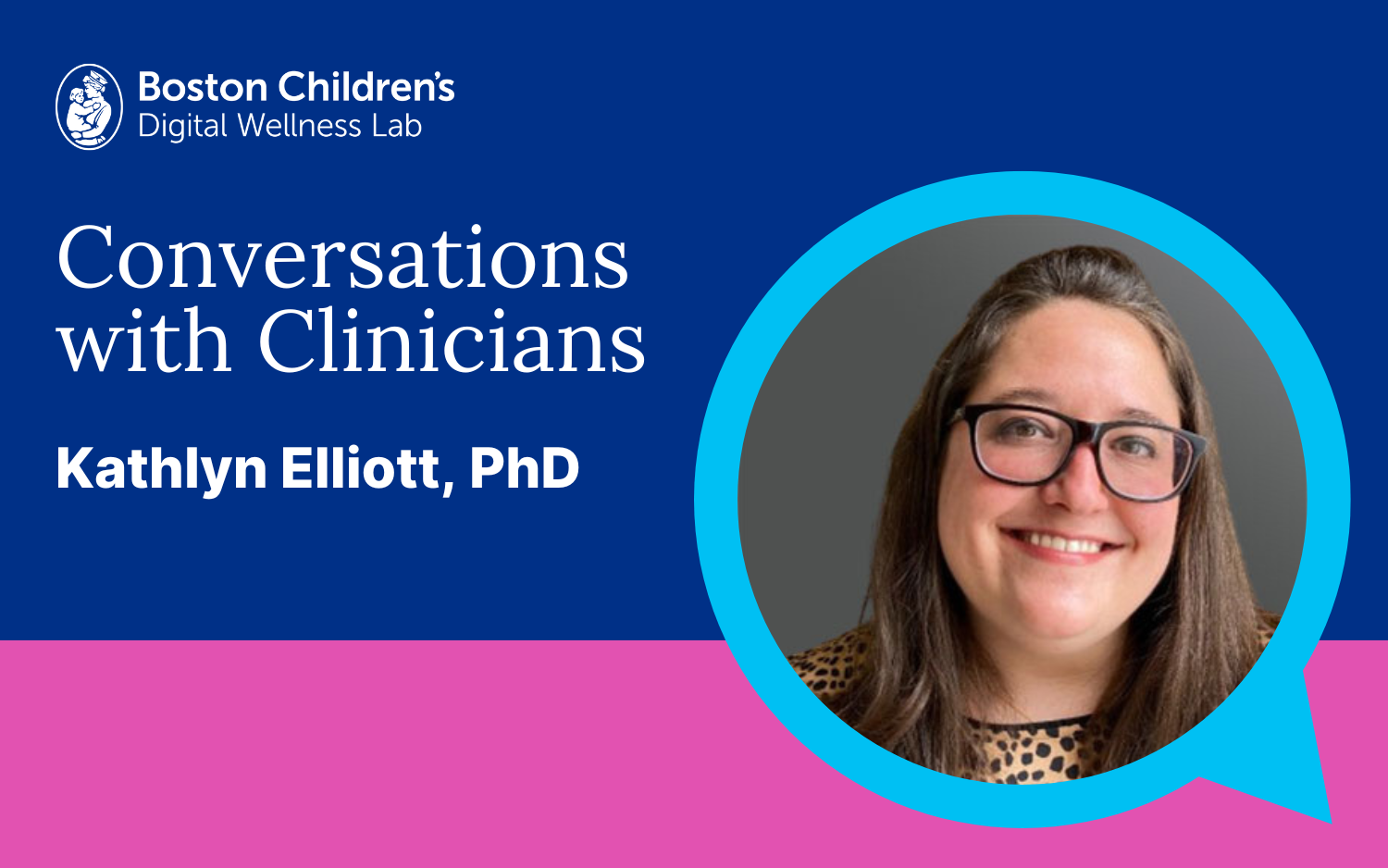
Conversations with Clinicians: Kathlyn Elliott, PhD
Kathlyn Elliott, PhD shares more about her research, which explores how the risks of digital media vary by child, and how online spaces present both challenges and opportunities for building a safer, more peaceful world.
-
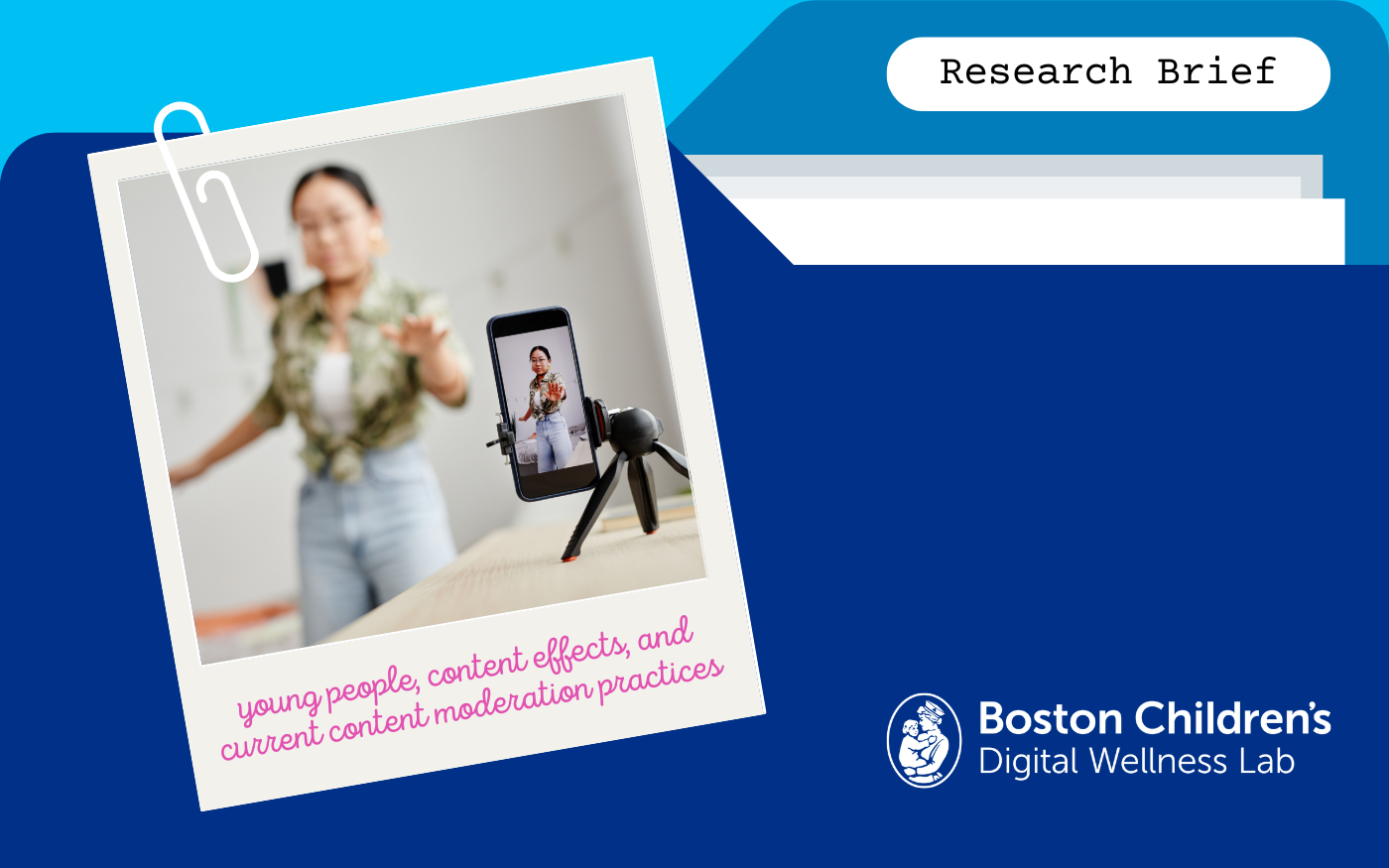
Research Brief: Young People, Content Effects, and Current Content Moderation Practices
This research brief reviews how young people access certain types of content frequently cited as concerning by regulators and platforms (e.g. violence, sexual content), and how young people respond to harmful content, including youth viewpoints on content moderation practices.
-

Family Guide to Going Back to School with Technology
Sharpened pencils and cool first-day outfits have always been part of the back-to-school fun, but for today’s kids, things aren’t as analog as they used to be. The COVID-19 pandemic dramatically affected how students attend school, and those effects linger even as most students return to school full-time and in-person.
-
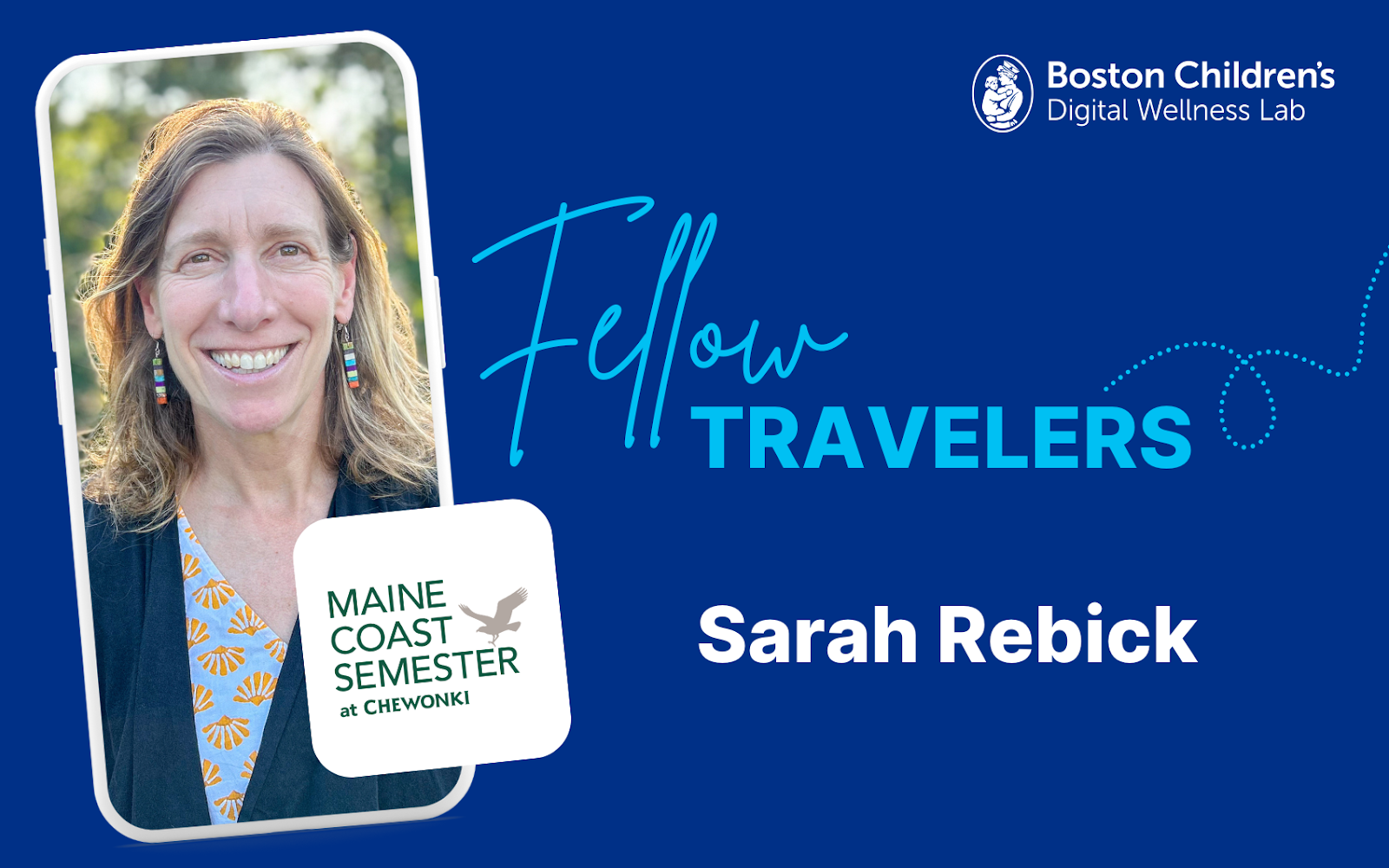
Fellow Travelers: Sarah Rebick
Sarah Rebick, Director of the Maine Coast Semester at Chewonki, offers an educator’s perspective on achieving digital balance. She emphasizes the importance of intentionally limiting technology to encourage students to foster deep connections and fully immerse themselves in physical experiences.
-

Conversations with Clinicians: Keneisha Sinclair-McBride, PhD
Keneisha Sinclair-McBride, PhD shares her experience in breaking down communication barriers by translating complex academic information into accessible language to empower families and schools in navigating online spaces.
-

Fellow Travelers: Kerry Crofton, PhD
Author Dr. Kerry Crofton offers a refreshing, action-oriented approach to digital wellness. It’s not about ditching tech, but about mindful engagement, creating healthier habits and fostering deeper connections with nature.
-
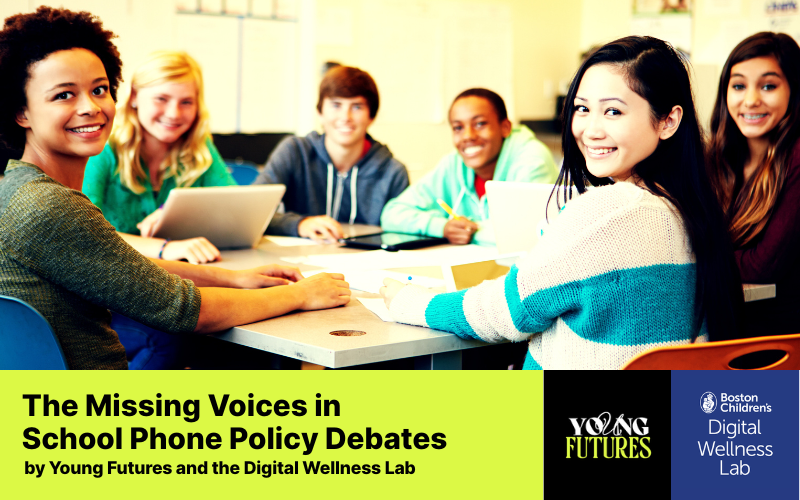
The Missing Voices in School Phone Policy Debates
Authored by the Digital Wellness Lab and Young Futures in collaboration While summer break is in full gear for many students across the nation, one topic occupying educators’ and admins’ minds is effectively managing cell phones during the upcoming school year. Restrictions are on the rise across the country: 77% of public schools now prohibit
-

Leveraging Interactive Media to Foster Social-Emotional Learning for Youth
Digital media can do more than entertain—here’s how it can support youth wellbeing through embedded SEL.
-
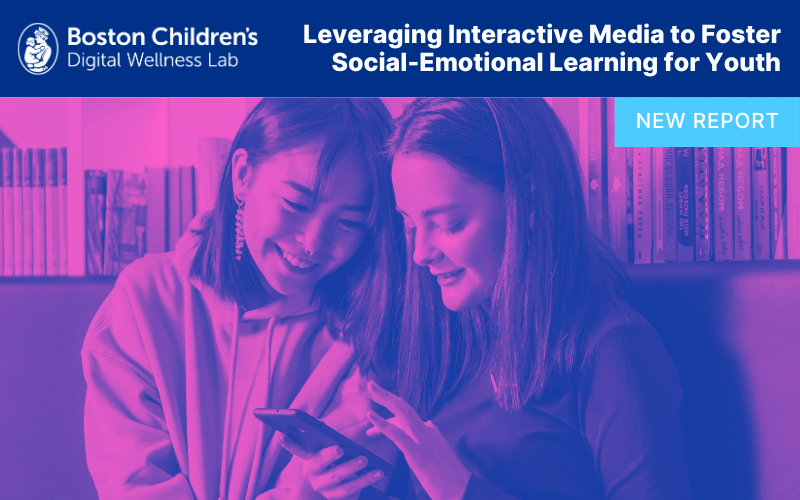
Leveraging Interactive Media to Foster Social-Emotional Learning for Youth
Exploring how social-emotional learning can be embedded in the digital platforms youth already use to support their wellbeing.






